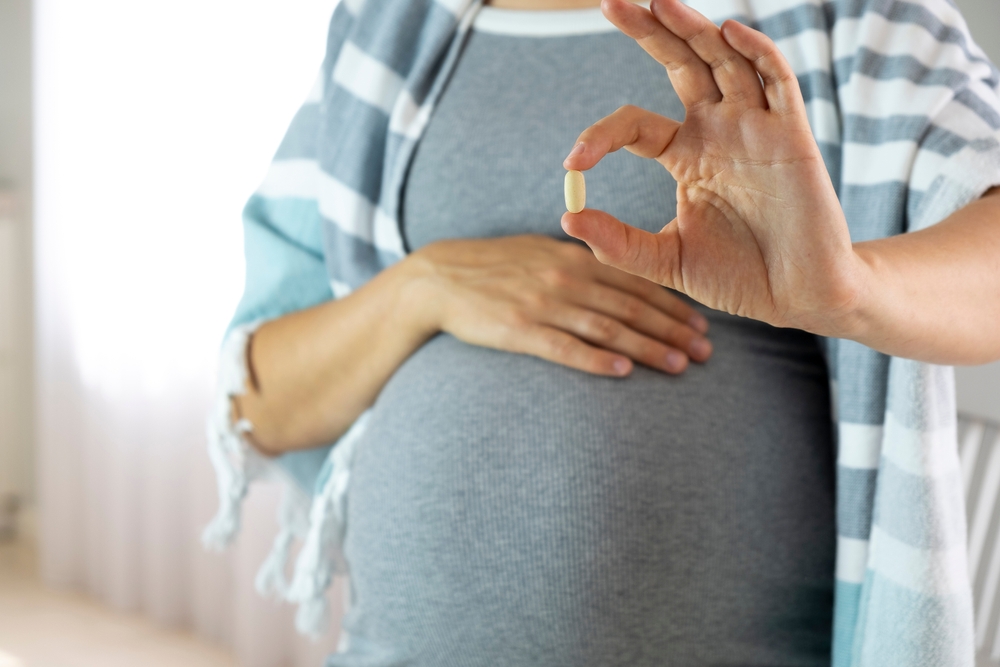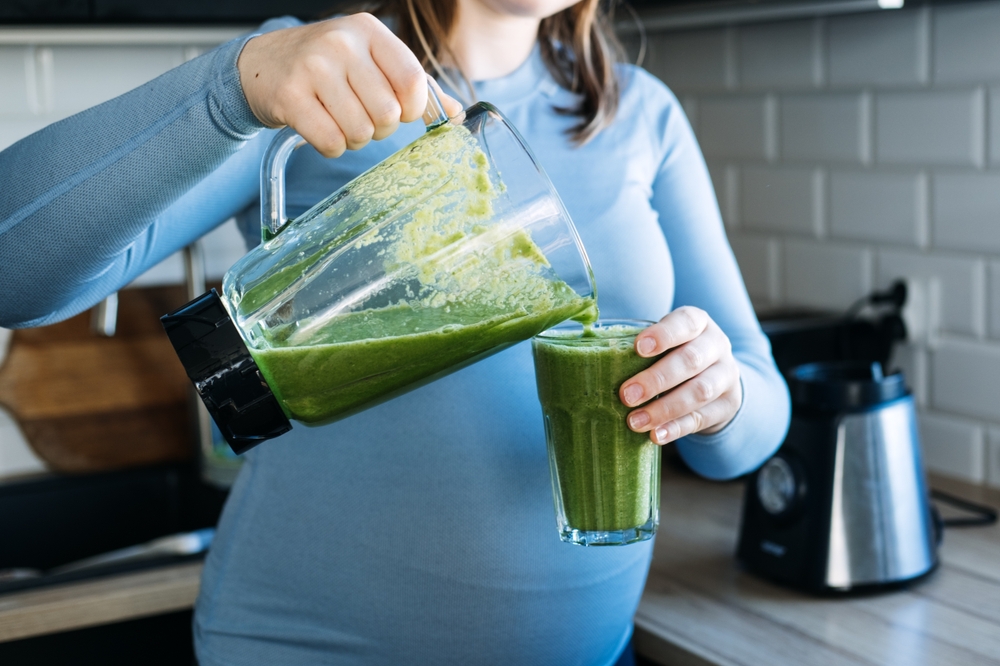When Iron Deficiency is Overlooked in Women

Researchers of a recent study delve into the historical context of iron deficiency anaemia, particularly its association with women’s health issues and the evolution of treatments over time. Despite its prevalence, iron deficiency in women is often overlooked, with heavy menstrual bleeding being a significant contributor.
Prevalence of Iron Deficiency in Women

In a recent study, researchers examined the prevalence of iron deficiency and iron-deficiency anemia among nonpregnant females aged 12 to 21 years. The study highlights a high prevalence of iron within this age range, with certain demographic factors influencing the risk. It suggests the need for targeted screening and intervention strategies in this population.
Iron Deficiency in Women and Obesity

National Health and Nutrition Examination Survey (NHANES) data indicate that women with obesity have disrupted iron metabolism, evidenced by various biomarkers. They exhibit higher iron deficiency and diminished erythropoiesis than normal-weight women. The study highlights how classification models for iron deficiency affect prevalence estimates in obese populations. It calls for more research to examine how iron levels and deficiency change with increasing BMI, particularly in severe obesity cases (BMI over 30 kg/m^2).
Prevalence of Iron Deficiency: The HEIRS Study

A study analyzing iron deficiency (ID) among 62,685 women in the US and Canada found higher ID rates in Hispanic and black women aged 25 to 54 years compared to white and Asian women. The prevalence of HFE p.C282Y and p.H63D alleles, linked to iron metabolism, was consistent among women regardless of ID status, race/ethnicity, age group, or pregnancy status. This suggests ID prevalence varies by race/ethnicity and age but is not significantly affected by these genetic factors.
Iron Status: Pregnant Women and Infants

A review recommends the following for managing iron deficiency in pregnant women and neonates: Screen all pregnant women for iron deficiency at their first prenatal visit, regardless of hemoglobin levels. Administer iron supplements to pregnant women with iron deficiency, with or without anemia. During the first trimester, prescribe oral iron, avoiding intravenous iron due to limited safety data.

